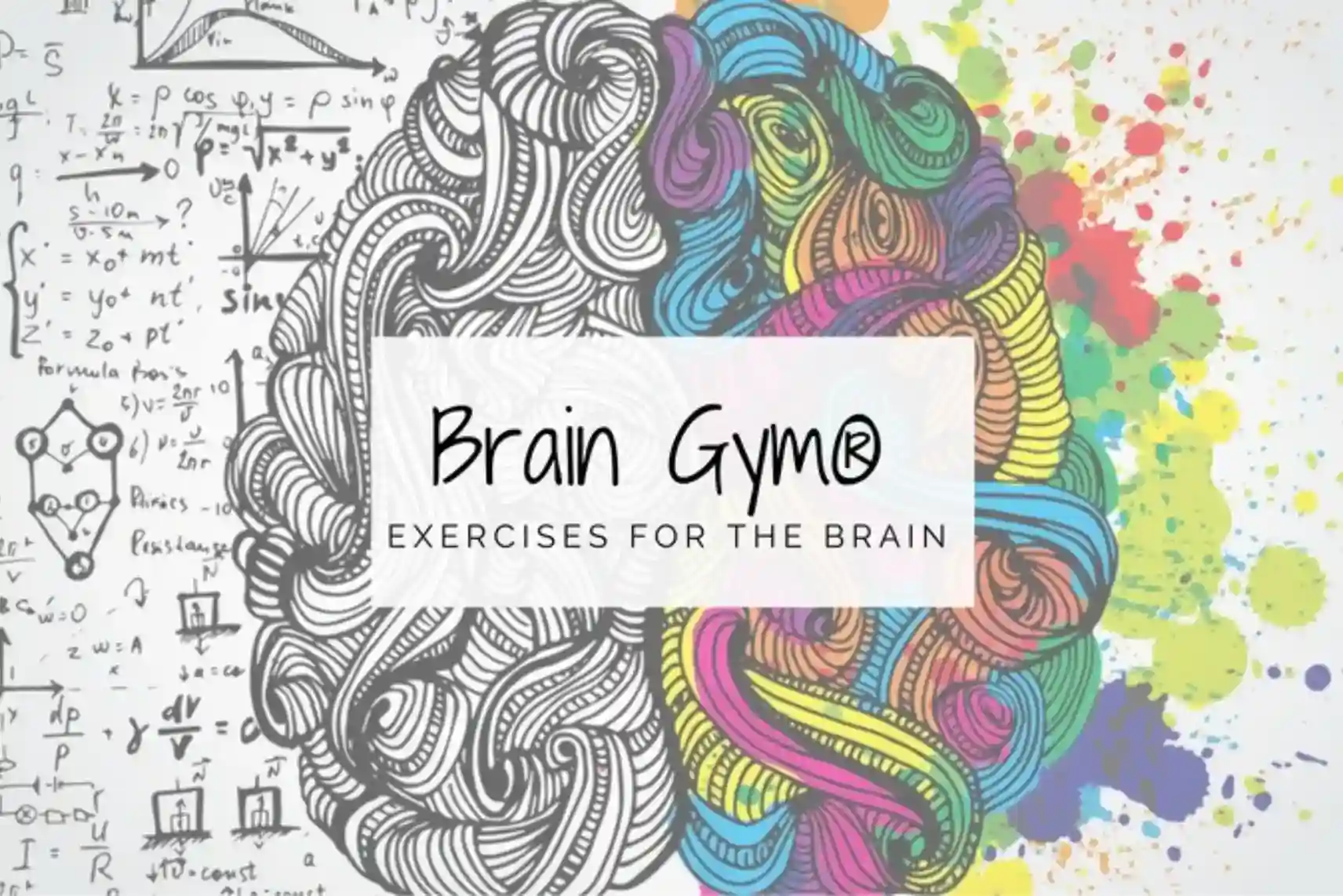Embarking on a journey towards weight gain often leads individuals to the gym, where the promise of muscle growth and physical transformation awaits. In this article, we explore the effectiveness of gym workouts in achieving weight gain goals, delving into essential aspects such as nutrition, exercise selection, and the support offered by institutions like Amana Healthcare Al Ain.
Understanding Weight Gain
Weight gain is a multifaceted process that extends beyond simply consuming excess calories. While the basic principle of weight gain revolves around consuming more calories than the body expends, there are several nuances to consider.
Caloric Balance
At its core, weight gain occurs when the body is in a state of caloric surplus, meaning that the individual consumes more calories than they burn. This surplus energy is then stored in the form of fat, leading to an increase in body weight over time.
Muscle vs. Fat Gain
It’s essential to differentiate between gaining muscle mass and gaining fat. While some individuals may aim to increase their body weight through muscle growth for athletic or aesthetic purposes, others may unintentionally gain weight due to excess fat accumulation, often associated with a sedentary lifestyle and poor dietary habits.
Metabolic Factors
Metabolism plays a crucial role in determining an individual’s propensity for weight gain. Factors such as basal metabolic rate (BMR), which represents the energy expended at rest, and thermic effect of food (TEF), which accounts for the energy required to digest and process food, influence how the body utilizes calories.
Genetic and Hormonal Influences
Genetic predispositions and hormonal fluctuations can impact an individual’s susceptibility to weight gain. Some individuals may have a naturally higher metabolic rate or a greater propensity to build muscle, while others may struggle with hormonal imbalances that affect appetite regulation and energy expenditure.
Psychological Factors
Emotional eating, stress, and psychological factors can also contribute to weight gain. For some individuals, food serves as a coping mechanism for managing stress or emotions, leading to overconsumption and subsequent weight gain.
Health Implications
While weight gain is often associated with aesthetic or performance-related goals, it’s essential to consider the broader health implications. Excessive weight gain, particularly in the form of visceral fat around organs, increases the risk of various health conditions, including cardiovascular disease, diabetes, and metabolic syndrome.
The Gym as a Platform for Weight Gain
Gymnasiums stand as sanctuaries for those seeking to sculpt their physique, with weight gain often a primary objective. Within these walls, a plethora of equipment and exercises await, offering pathways to muscular development and increased body mass. Let’s delve deeper into how the gym serves as an ideal platform for weight gain, emphasizing the significance of factors such as exercise selection and the often-overlooked detail of gym hand grip.
Variety of Equipment
Gyms are equipped with an array of machines, free weights, and resistance bands, providing individuals with endless options for targeting different muscle groups. From leg presses to cable rows, each piece of equipment offers unique stimuli for muscle growth, allowing individuals to tailor their workouts to their specific weight gain goals.
Resistance Training
At the heart of gym workouts for weight gain lies resistance training. By subjecting muscles to external resistance, whether through weights or resistance bands, individuals stimulate muscle hypertrophy—the process of muscle growth and enlargement. Compound exercises like squats, deadlifts, and bench presses engage multiple muscle groups simultaneously, maximizing the efficiency of each workout session.
Progressive Overload
The principle of progressive overload is fundamental to weight gain in the gym. By gradually increasing the intensity or volume of exercises over time, individuals continually challenge their muscles, prompting adaptation and growth. Whether adding more weight to the barbell or increasing the number of repetitions, progressive overload ensures that muscles are continually pushed beyond their previous limits.
Attention to Detail: Gym Hand Grip
Amidst the hustle and bustle of the gym, one often-overlooked detail is the importance of a secure gym hand grip. Proper grip strength not only enhances performance during exercises like deadlifts and pull-ups but also reduces the risk of injury. Whether utilizing chalk for improved grip or incorporating grip-strengthening exercises into one’s routine, paying attention to gym hand grip can significantly impact the effectiveness of workouts for weight gain.
Personalized Training Programs
Many gyms offer personalized training programs tailored to individual goals, including weight gain. Certified trainers can provide guidance on exercise selection, intensity, and proper form, ensuring that individuals maximize their potential for muscle growth while minimizing the risk of injury.
Community and Support
Beyond the equipment and workouts, gyms foster a sense of community and support among members. Whether through group fitness classes or training partnerships, individuals find encouragement and motivation to push themselves further towards their weight gain goals.

The Role of Nutrition
While the gym provides the stimulus for muscle growth, nutrition serves as the fuel that powers this process. Optimal nutrition is paramount for individuals aiming to gain weight, as it provides the essential building blocks and energy necessary for muscle repair, growth, and overall health. Let’s explore the critical role that nutrition plays in the pursuit of weight gain.
Caloric Surplus
At the core of weight gain lies the concept of a caloric surplus—consuming more calories than the body expends. This surplus energy is then utilized by the body to fuel metabolic processes and support physical activities, including muscle growth. Calculating one’s caloric needs and ensuring a consistent surplus is essential for facilitating weight gain.
Macronutrient Distribution
Beyond total calorie intake, the distribution of macronutrients—proteins, carbohydrates, and fats—plays a crucial role in supporting muscle growth and overall health. Proteins are particularly important for muscle repair and synthesis, while carbohydrates provide energy for workouts and replenish glycogen stores. Healthy fats play a role in hormone regulation and overall cellular function.
Protein Intake
Protein is often hailed as the cornerstone of muscle growth, and for a good reason. It is composed of amino acids, the building blocks of muscle tissue, and is essential for repairing and rebuilding muscles stressed during workouts. Ensuring an adequate protein intake, ideally spread throughout the day, supports muscle protein synthesis and maximizes the benefits of resistance training.
Whole Foods vs. Supplements
While supplements can be convenient for meeting specific nutrient needs, whole foods should form the foundation of a weight gain diet. Whole foods provide a plethora of micronutrients, fiber, and phytonutrients that are essential for overall health and well-being. Lean meats, poultry, fish, eggs, dairy products, whole grains, fruits, and vegetables should comprise the majority of one’s diet.
Timing and Meal Frequency
The timing of meals and snacks can influence nutrient availability and muscle recovery. Consuming a balanced meal or snack containing protein and carbohydrates within the post-workout window—typically within 30 minutes to two hours after exercise—supports muscle repair and glycogen replenishment. Additionally, spreading meals and snacks throughout the day ensures a steady supply of nutrients and energy, optimizing muscle growth and metabolic function.
Hydration
Adequate hydration is often overlooked but is crucial for overall health and performance, including muscle function and recovery. Water plays a role in nutrient transport, waste removal, and thermoregulation, all of which are essential for supporting optimal training and weight gain efforts.
Optimizing Gym Workouts for Weight Gain
Achieving weight gain through gym workouts requires more than just showing up and going through the motions. It demands a strategic approach that prioritizes progressive overload, exercise selection, and attention to detail, including factors like gym hand grip. Let’s explore how individuals can optimize their gym workouts to maximize weight gain, with a nod to the supportive services provided by institutions like Amana Healthcare Al Ain.
Progressive Overload
At the heart of effective gym workouts for weight gain lies the principle of progressive overload. This entails gradually increasing the intensity or volume of exercises over time to continually challenge the muscles and stimulate growth. Whether it’s adding more weight to the barbell, increasing the number of repetitions, or shortening rest intervals between sets, progressive overload ensures that muscles are subjected to increasing levels of stress, prompting adaptation and growth.
Exercise Selection
Not all exercises are created equal when it comes to weight gain. While isolation exercises have their place, compound movements reign supreme for maximizing muscle growth and overall body strength. Exercises like squats, deadlifts, bench presses, and pull-ups engage multiple muscle groups simultaneously, making them highly efficient choices for weight gain workouts. By prioritizing compound movements, individuals can ensure that they’re getting the most bang for their buck in terms of muscle activation and calorie expenditure.
Form and Technique
Proper form and technique are crucial for optimizing gym workouts and minimizing the risk of injury. Focusing on maintaining a neutral spine, engaging the core muscles, and executing each exercise through a full range of motion ensures that the target muscles are being effectively stimulated. Additionally, paying attention to details such as gym hand grip can enhance exercise performance and safety, reducing the likelihood of accidents or strain injuries.
Rest and Recovery
While pushing the limits in the gym is essential for stimulating muscle growth, adequate rest and recovery are equally important. Muscles grow and repair during periods of rest, so it’s essential to prioritize quality sleep and incorporate rest days into one’s workout routine. Institutions like Amana Healthcare Al Ain recognize the importance of rest and recovery in the rehabilitation process, offering specialized care and support to individuals recovering from injuries or managing chronic conditions.

Nutritional Support
Optimal nutrition is a cornerstone of effective weight gain, complementing the efforts put forth in the gym. Institutions like Amana Healthcare Al Ain provide nutritional guidance and support to individuals seeking to optimize their dietary intake for muscle growth and overall health. By fueling the body with the right balance of macronutrients and micronutrients, individuals can create an optimal environment for muscle repair, growth, and recovery.
The Support of Institutions like Amana Healthcare Al Ain
Institutions like Amana Healthcare Al Ain provide invaluable support to individuals on their weight gain journey. Through specialized care and rehabilitation services, they assist individuals in overcoming obstacles and achieving their fitness goals. Whether recovering from injuries or managing chronic conditions, the comprehensive support offered fosters holistic well-being, complementing efforts towards weight gain through gym workouts.
Gym workouts are indeed conducive to weight gain when approached with diligence and strategy. By combining effective exercise routines with a balanced diet and the support of institutions like Amana Healthcare Al Ain, individuals can maximize their chances of success on their weight gain journey. Remember, consistency and dedication are key—so step into the gym, grab onto that gym hand grip, and embark on your path towards a stronger, healthier you.











